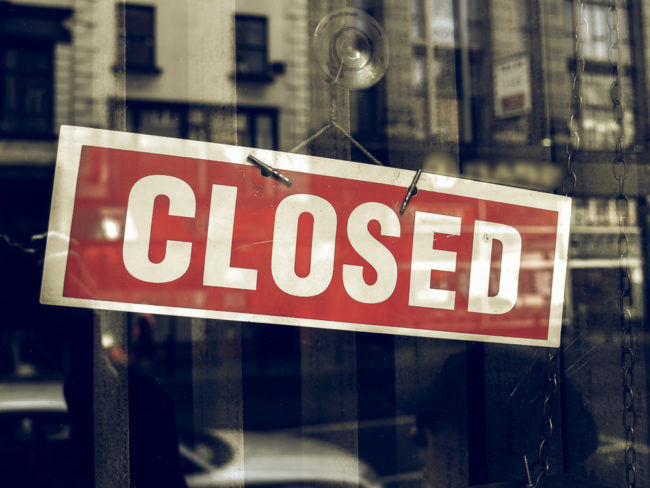Small and medium sized businesses that have suffered due to COVID-19 don’t expect to recover to pre-pandemic levels until summer 2022, according to new research.
With the UK now well into a vaccination programme that many hope will enable the economy to start reopening, ongoing cashflow issues and a decline in consumer demand means that one-in-twelve small businesses do not expect to survive the pandemic. 21% of UK SMEs say they are ‘not sure’ if they will survive long enough to take advantage of any change in the current restrictions.
The data reveals that COVID-19 is likely to widen regional disparity, with London firms forecasting a decrease of 3.8% in profits by March 2021, compared to before the pandemic. Comparing this to the East Midlands , West Midlands, Yorkshire and the Humber and the North West, it is clear that tailored, regional support will be vital in helping these important business hubs recover.
Unsurprisingly, mental health issues are a growing concern for small business owners. Two-fifths of women running small businesses reported a decline in their mental health since the COVID-19 outbreak, compared to 26% of their male counterparts. Women were also less likely to seek support when it came to maintaining mental wellbeing, with 41% stating they would not ask for help – 5% more than that of male business owners.
Susan Davies, Head of Business Banking, Santander UK, who commissioned the research, commented: “Small businesses have proven their resilience so far, and their hunger to survive and thrive is palpable. With the growth of remote working, small businesses across the country will be at the forefront of our economic revival, but 2021 will be a crunch year for many, with a lot riding on a successful vaccine rollout.
“While there is no ‘silver bullet’ solution, extensions to VAT deferrals, the furlough scheme and business rates relief could provide businesses with additional breathing space. We have been working tirelessly to support small business owners throughout the pandemic – from online workshops, ecommerce training and mental health support – and we will continue to help them find solutions to the huge challenges they are currently facing.”
Just two-in-five small businesses report that they have not had to halt any part of their operations since the outbreak of the pandemic, with respondents seeing their profits slump by 16.5% on average.
SMEs run by people from ethnic minority backgrounds experienced the most significant decline in business activity, with almost half seeing a dip since the COVID-19 outbreak. According to the data, 67% of businesses run by ethnic minorities were operating ‘well’ at the start of last year, compared to just 20% when the pandemic hit. The difference was less extreme in non-ethnic minority run businesses, where respondents experienced a decline in performance from 58% to 25%.
One-in-five SMEs have started or increased sales through online platforms as a result of the COVID-19 pandemic, however 63% stated that selling their product or services online or through social media was not an option. The disparity makes clear that there are a significant number of businesses that are simply unable to generate revenue, reiterating the importance of additional support through Government lending schemes and tax reliefs.
There is doubt cast on the future of the high street, as 29% of small businesses are set to leave city centre hubs this year. Almost one-in-five SMEs that are currently located on the high street say they plan to relocate, while a further 11% think it is looking likely that they will have to permanently close their business.
In addition to the £4 billion of financial support provided through the Government-backed Bounce Back Loans (BBLS) to SMEs since the scheme launch, Santander UK has harnessed its business insight and sector experts in order to provide vital non-financial support across the UK. Santander’s business support programme ‘Survive and Revive’ includes initiatives such as webinars and mentoring, free advertising on Santander Marketplace and toolkits all of which have helped businesses to survive the COVID-19 pandemic.


